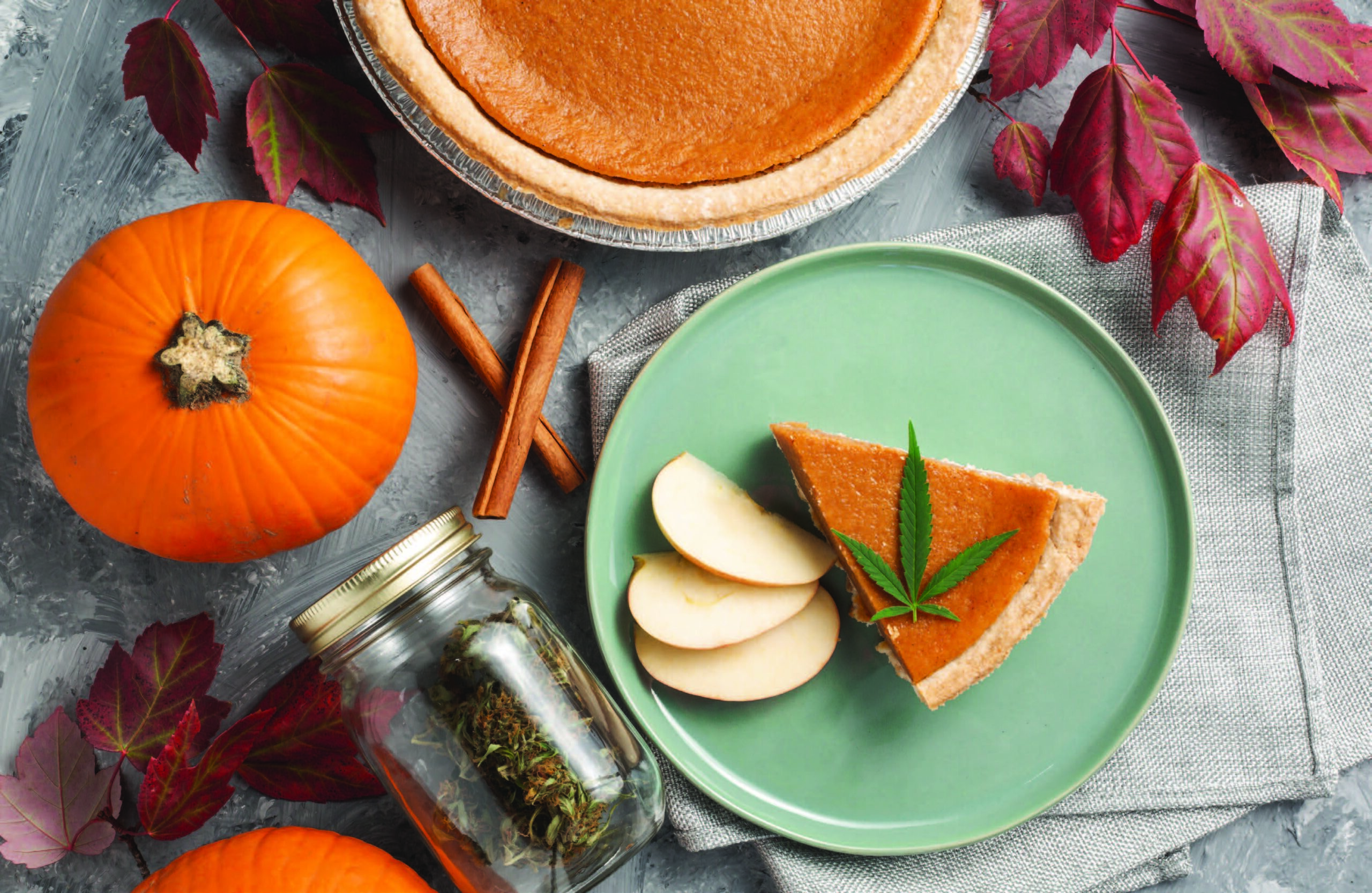One of the razor-thin silver linings to the coronavirus cloud shutting down restaurants for dine-in service is that you no longer have to pick where you want to eat. You only have to pick where you want to pick it up from. We heard that after closing for a couple weeks in early November for non-COVID reasons, PRIMI Pasta & Bar had updated its menu for the winter season, so we decided to drop by there for the briefest of seconds to pick up some pasta and run.
(It totally had nothing to do with the fact that the restaurant is half a block away from DGO’s downtown Durango office.)
We started the meal with a Toscana salad, featuring local baby kale from Mountain Roots Produce, pear slices, pistachio vinaigrette, truffle oil, shaved pecorino, and toasted pistachios. As appetizers go, it was light and far from overpowering from a flavor standpoint. Pistachio, which between the toasted ones and the dressing was easily the central taste of the salad, is just about as neutral a flavor as you can get. The kale did its job as a leafy green, and the pears added just a hint of sweetness and juiciness into the bites they found their way into. For a sheep-milk cheese, the pecorino only lightly accented the food it was sprinkled over.
For an entrée we ordered the cinghiale — cider-braised wild boar, local hubbard squash, garlic and browned butter, tossed with sage pappardelle and shaved pecorino. If you’ve never had boar, it’s basically pork, but with a few differences. The meat is leaner and redder, and tastes slightly sweeter and nuttier than that of a domesticated pig. That was certainly true of the bits of boar we ate, though the cider braising probably aided that — not to mention the garlic and butter omnipresent throughout the dish.
We have to admit we’ve never been huge fans of squash. We don’t hate it, we just don’t appreciate the vegetable’s flavors and texture as much as people with other palates seem to. But even we enjoyed the pumpkin-esque variety on display here (though we’re also inclined to like pretty much anything covered in enough butter and garlic. The pappardelle was also quite tasty, especially with the slight earthy herbalness granted to it by the sage.
We don’t have much to say about PRIMI’s foccacia bread, except that it has just the right amount of salt and is absorbent enough to help mop up whatever sauces remain behind after the pasta.
While ordering, we noticed the restaurant has Mexican Cokes and Sprites, so we got one of the former. (We weren’t quite feeling like wine at the time.) The main difference between Mexican and American Coke, aside from the fact that Mexicoke comes in the classic glass bottle, is that the cola coming from south of the border is sweetened with cane sugar rather than high-fructose corn syrup.
The taste of Mexicoke is ever so slightly less chemically, though contrary to what hipsters will tell you, they’re equally unhealthy (gram for gram, they supply the same amount of calories). On the other hand, you can think of yourself as sticking it to the man (while simultaneously drinking a product of an $80 billion company). The U.S. and Mexico have been engaged in a trade war in which Mexico has tried to inhibit the importation of American high-fructose corn syrup as a way of protecting its own sugar industry.
So, uh … think about that next time you drink a soda at an Italian restaurant, we guess.
Nick Gonzales













